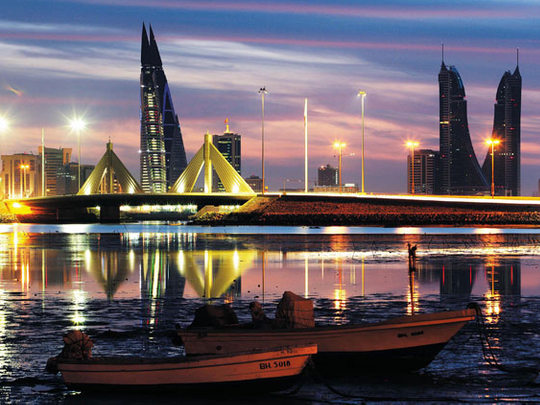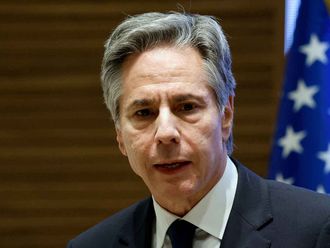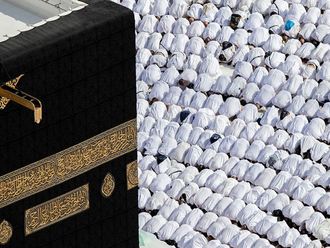
Manama: An Islamist society taking part in the national dialogue in Bahrain has reiterated its opposition to any call to have an elected government.
“Our views regarding the national dialogue stress commitment to the National Action Charter and to the constitution,” Ali Al Zayed, a leader in Al Asala society, the expressions of Salafism in Bahrain, and a sitting lawmaker, said.
“We do not for instance support having an elected government as there is nothing that points to it in the charter or in the constitution. The formation of the government remains an essential element within the prerogatives of HM the king and he is the one who nominates the prime minister and the ministers,” he said.
Al Asala’s views are in line with the text and spirit of the charter and the constitution, he said.
“Our view on the government also takes in consideration the character of the Gulf Cooperation Council [GCC], and Bahrain cannot break out of the Gulf ranks.
“That is why all the GCC member states seriously stand by Bahrain on this matter, the lawmaker said in remarks published by local daily Al Ayam on Sunday.”
The GCC, established in May 1981 in Abu Dhabi, is a common political, social, economic, security and military umbrella for Bahrain, Kuwait, Oman, Qatar, Saudi Arabia and the UAE.
Al Zayed said that Al Asala would not compromise on essential values and that it insisted on purely Bahraini solutions without any foreign party imposing any form of settlement or a specific agenda for the national dialogue.
Bahrain is gearing up for a new round of talks between several components that include a coalition of opposition societies, another coalition of other political societies, Al Asala, the parliament and the government, in a bid to heal a political rift resulting from the dramatic events that occurred in the country in February and March 2011.
The talks, over political issues, were launched on February 10 last year, but the 27 participants were unable to reach an agreement on the platform and agenda of the dialogue.
The opposition pulled out in September and the other components agreed to suspend the talks in January when they seemingly reached an impasse.
Crown Prince Salman Bin Hamad Al Khalifa last month called for a new-look dialogue and asked the stakeholders to present their views on the legislative, juridical and executive branches, the electoral constituencies and security for all.
The opposition, led by Al Wefaq Islamic Society, on Saturday said that it had sent its views to the Minister of Royal Court Affairs Shaikh Khalid Bin Ahmad Al Khalifa who had held separate meetings with the parties expected to take part in the dialogue.
The opposition said that their views focused on the comprehensive values of national unity to help build a stable future and put an end to three years of turbulent times.
The views by the opposition and the other parties will be reviewed by the Royal Court before the participants are brought together for the talks to be held under a new format.












